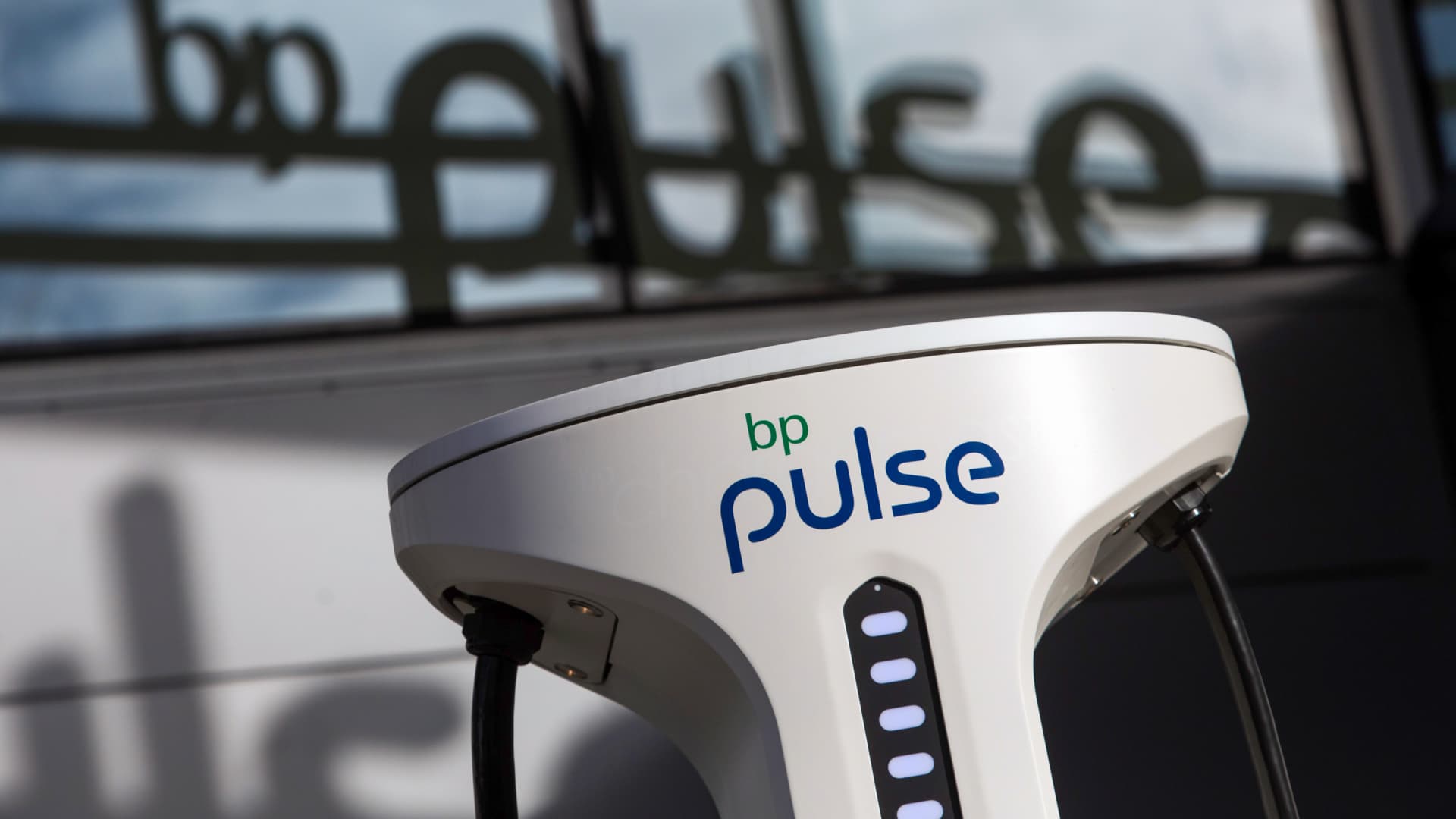Judge denies Trump's bid to dismiss E. Jean Carroll's first defamation lawsuit
Carroll alleges Trump raped her in a New York City department store in the mid-1990s and then defamed her when she took her story public decades later.

E. Jean Carroll exits the Manhattan Federal Court following the verdict in the civil rape accusation case against former U.S. President Donald Trump, in New York City, May 9, 2023.
Brendan McDermid | Reuters
A federal judge on Thursday rejected Donald Trump's motion to dismiss the original civil defamation lawsuit filed by E. Jean Carroll, the writer who alleges the former president defamed her after she accused him of sexual assault.
Trump's arguments for dismissing the case "are without merit," Judge Lewis Kaplan wrote in U.S. District Court in Manhattan.
The ruling followed a series of recent twists in the years-long legal battle between Trump and Carroll, who alleges Trump raped her in a New York City department store in the mid-1990s and then defamed her when she took her story public decades later.
Roberta Kaplan, Carroll's attorney who is not related to the judge, said in a statement that the ruling shows Trump's defenses against the defamation claims "don't work."
"Trump chose to waive presidential immunity and now he must live with the results of that decision," the attorney said.
In a statement to CNBC, Alina Habba, an attorney for Trump, said "We disagree with the Court's decision and will be taking the appropriate steps to preserve all viable defenses."
Two days earlier, Trump filed a counterclaim against Carroll in the same case, accusing her of defamation by continuing to publicly say he raped her.
His counterclaim pointed to multiple remarks by Carroll, including comments she made one day after a jury in a separate, but related, civil case found Trump was liable for sexually abusing Carroll and defaming her.
But that jury, which ordered Trump to pay Carroll $5 million in damages in its May 9 verdict, did not find Trump liable for rape. When asked in a CNN interview about that finding by the jury, Carroll replied, "Oh yes he did, oh yes he did."
Trump's lawyers had filed to dismiss the original lawsuit in December. They argued that he had "absolute immunity" because he made the remarks in question while he was president. The attorneys also contended Carroll's defamation claims fell short of legal standards, among other points.
Kaplan, in his 46-page ruling Thursday afternoon, was unswayed. He rejected the presidential immunity argument, writing, "Mr. Trump does not identify any connection between the allegedly defamatory content of his statements … to any official responsibility of the president. Nor can the Court think of any possible connection."
Carroll filed the first defamation suit against Trump in 2019, while he was still president. After her account of sexual assault was published in New York Magazine, Trump repeatedly denied the claims, at one point saying, "She's not my type."
Carroll filed the second civil suit against Trump in 2022. One day after the verdict in that case was returned, Trump railed against Carroll during a live CNN town hall event and again denied her claims.
Soon after, Carroll amended her complaint in the first lawsuit to include Trump's latest comments and seek monetary damages of no less than $10 million. The case is set to go to trial Jan. 15, 2024.

 ShanonG
ShanonG 
































